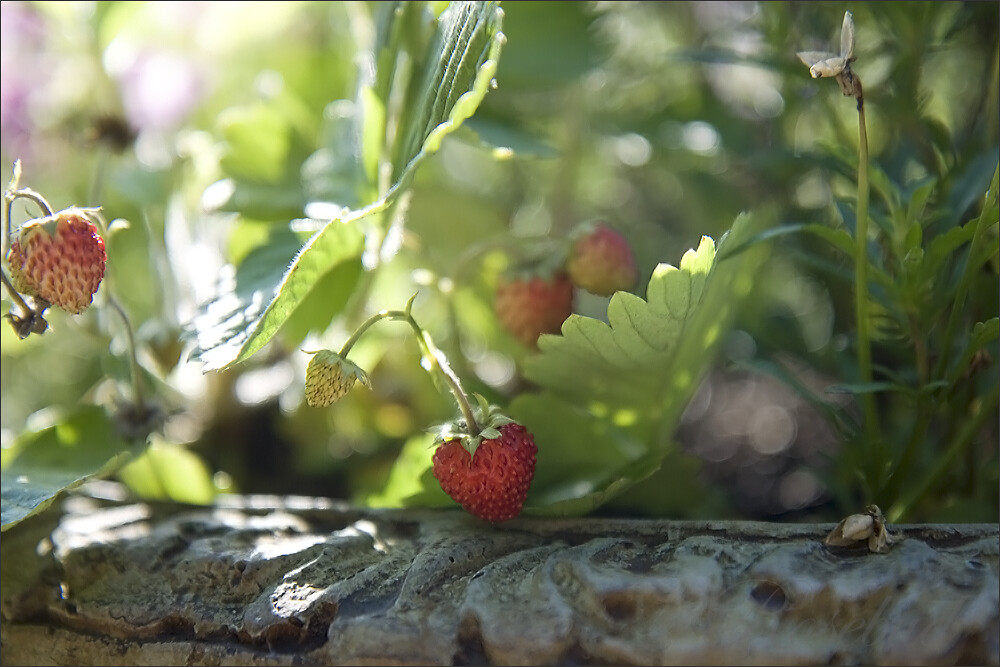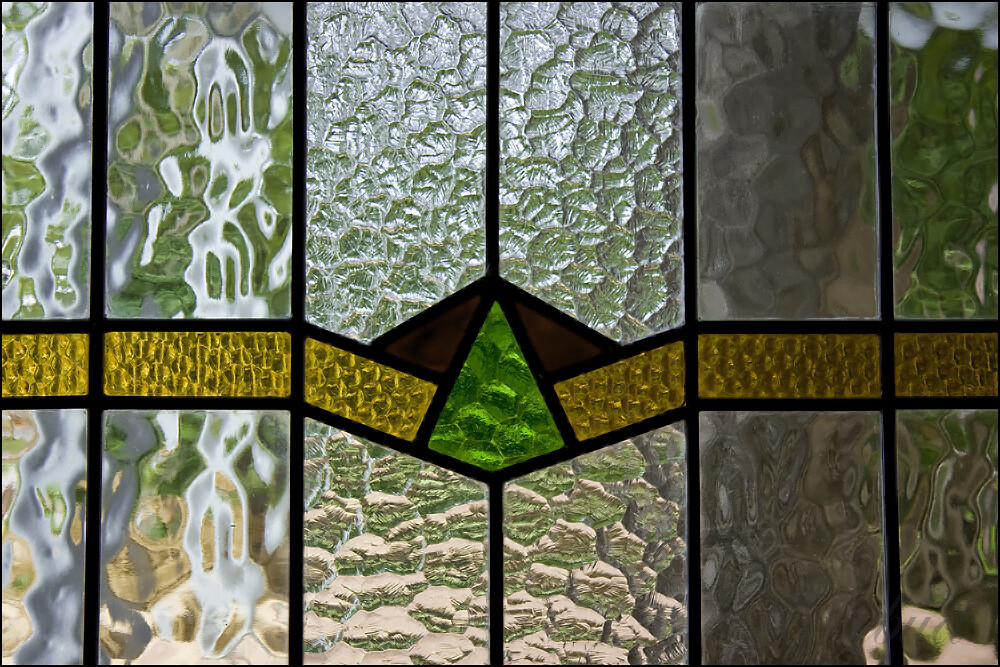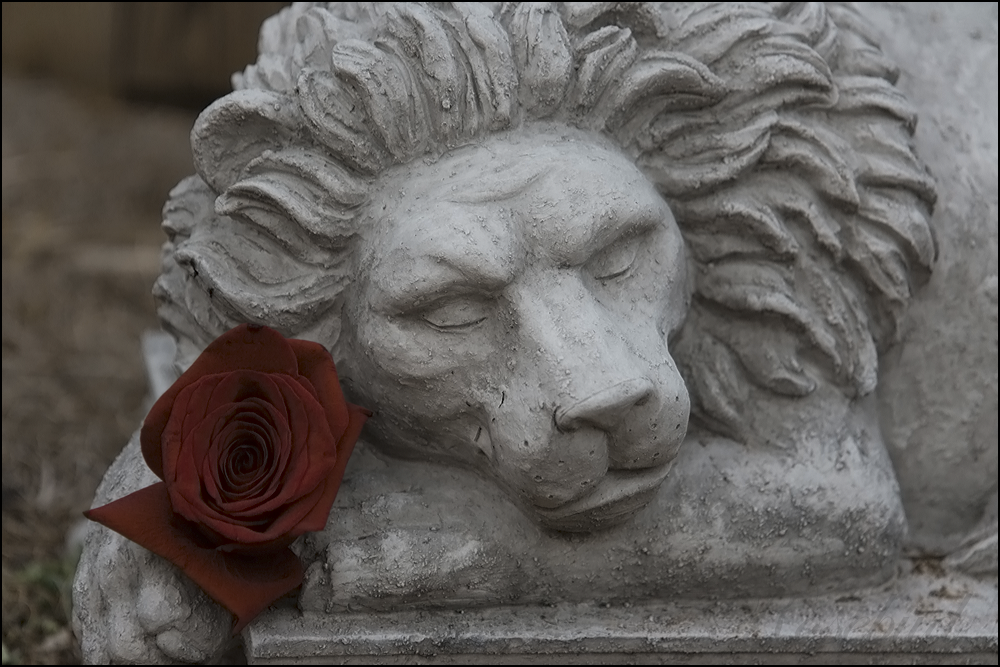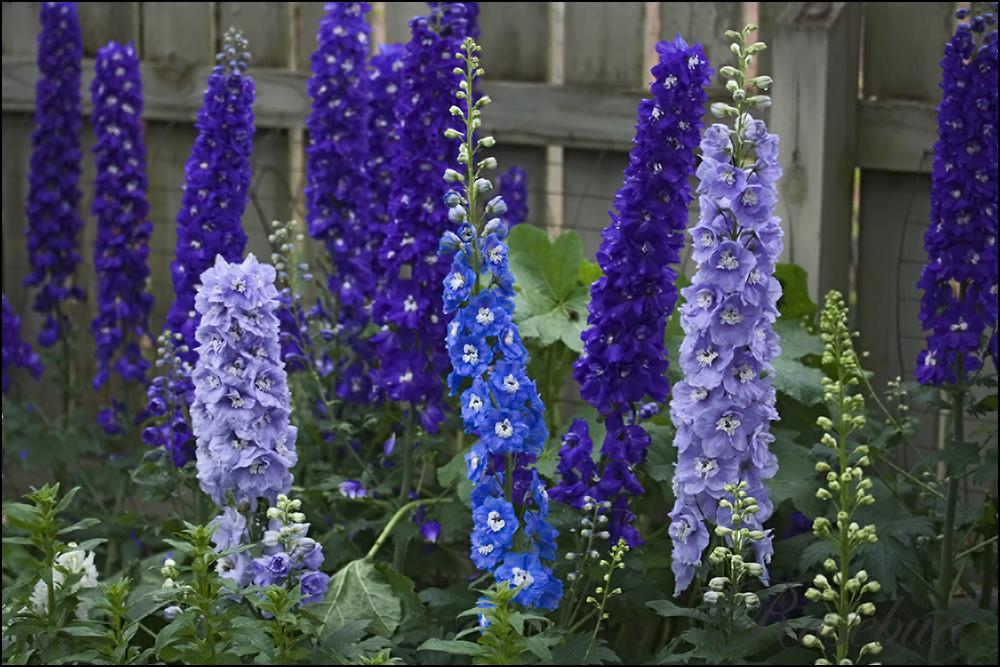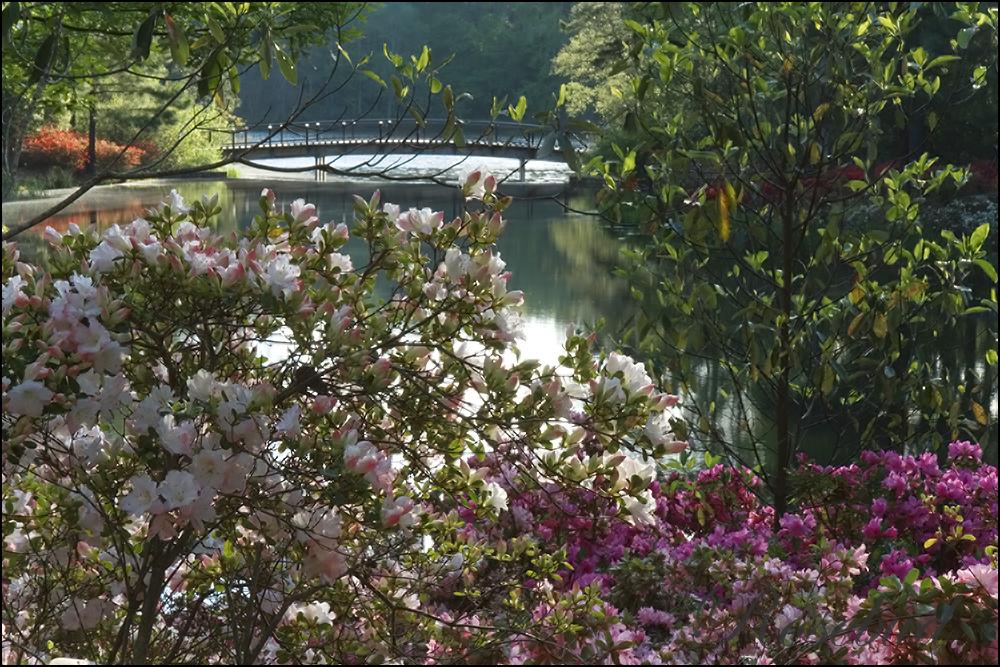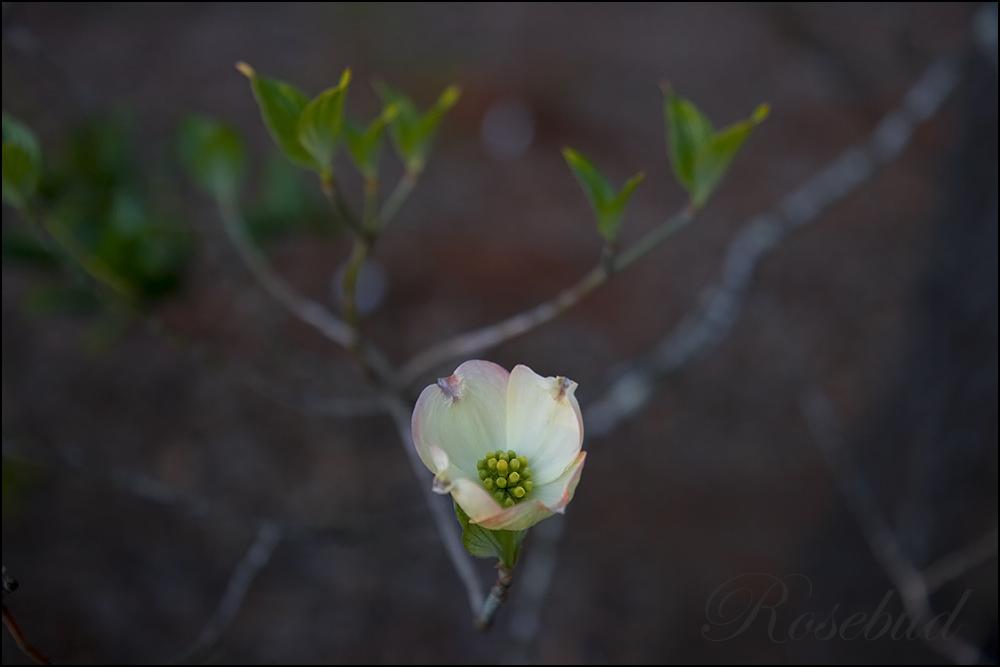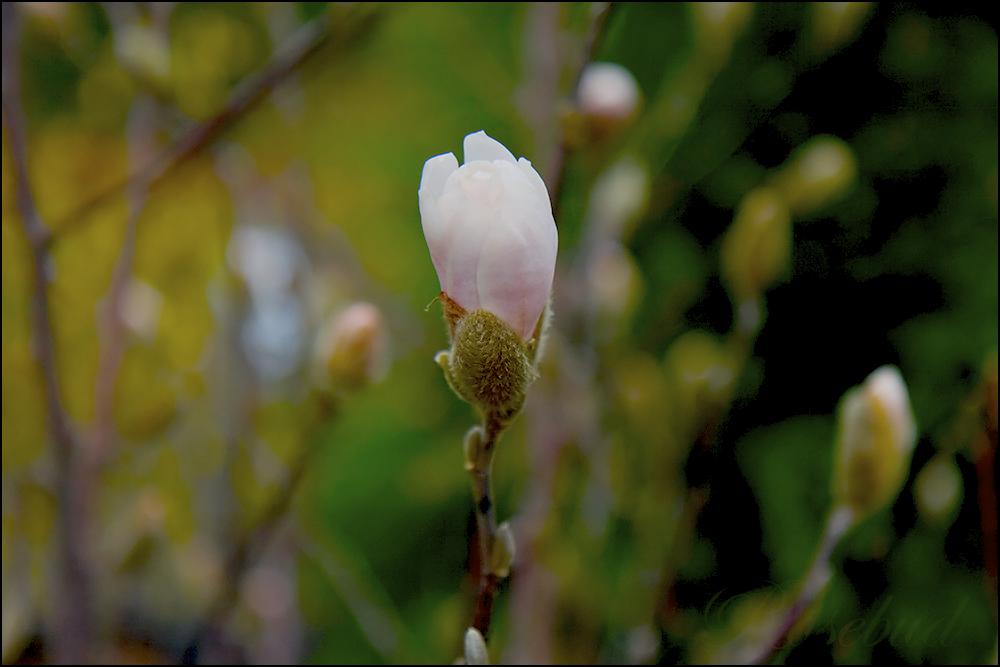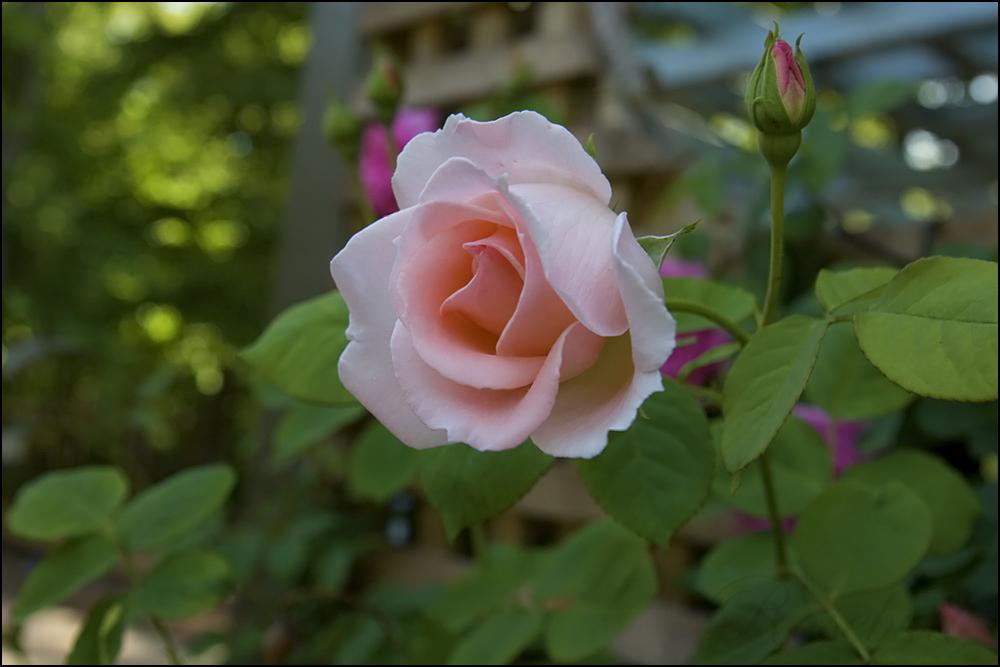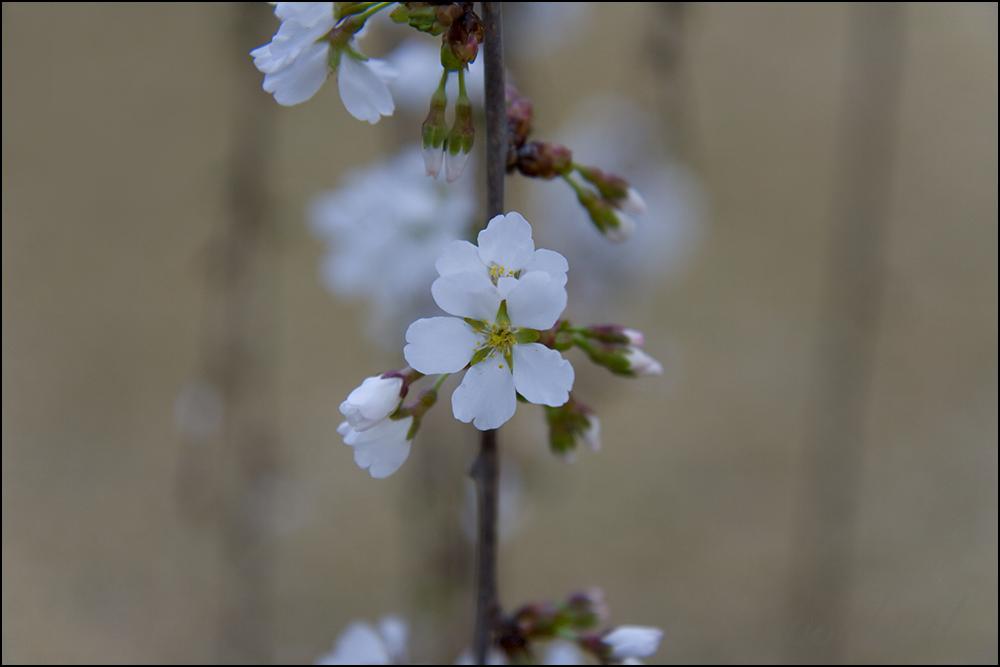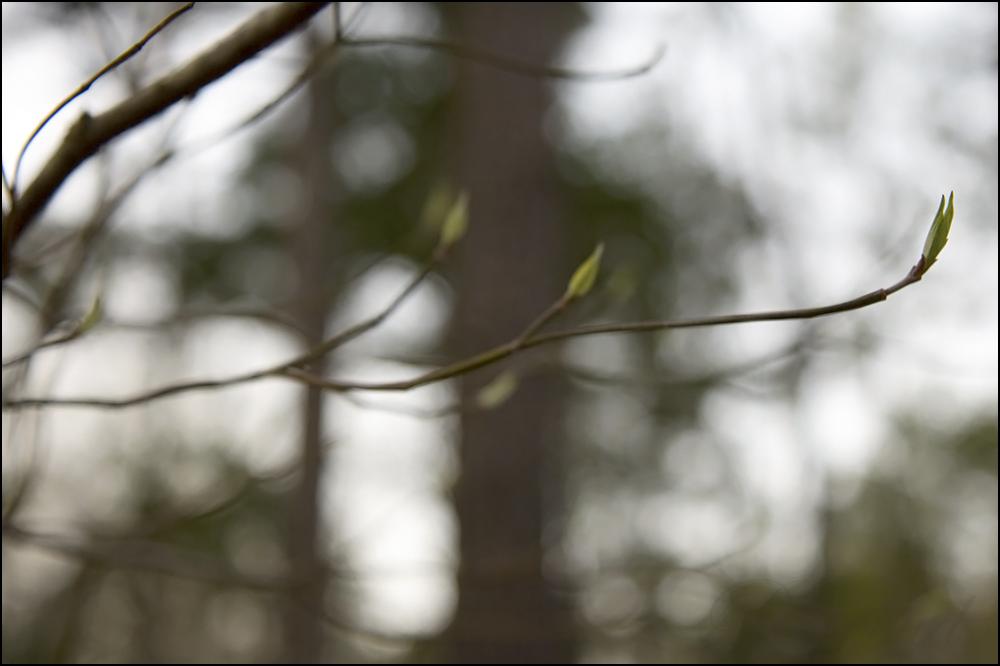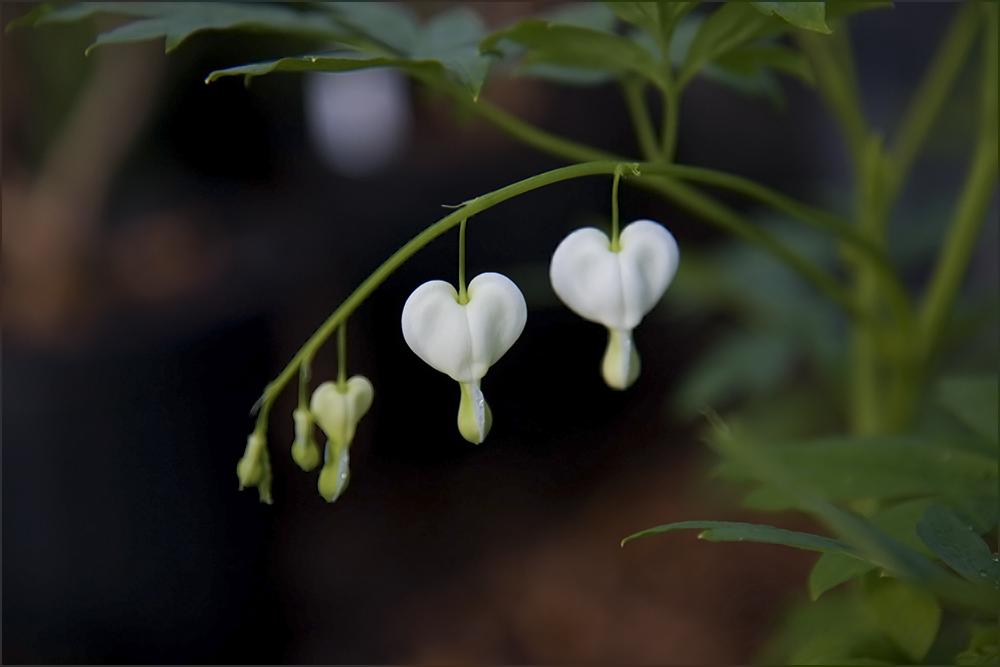Friday, July 2
Lindenbloom
Before midsummer density
opaques with shade the checker-
tables underneath, in daylight
unleafing lindens burn
green-gold a day or two,
no more, with intimations
of an essence I saw once,
in what had been the pleasure-
garden of the popes
at Avignon, dishevel
into half (or possibly three-
quarters of) a million
hanging, intricately
tactile, blond bell-pulls
of bloom, the in-mid-air
resort of honeybees'
hirsute cotillion
teasing by the milligram
out of those necklaced
nectaries, aromas
so intensely subtle,
strollers passing under
looked up confused,
as though they'd just
heard voices, or
inhaled the ghost
of derelict splendor
and/or of seraphs shaken
into pollen dust
no transubstantiating
pope or antipope could sift
or quite precisely ponder.
-- Amy Clampitt
Amy Clampitt
Posted by
rb
at
7/02/2010
![]()
Friday, May 14
Night Music
I think of the nightfall all the time.
I think of the dark pine trees
leaning out of the sky
Backlit by diminishing twilight, then not backlit.
I think of the way the tree frogs pitch
And pull in their summer dance.
I think of how the wind comes in from thousands of miles away.
I think of how the darkness abides.
The world's a slick rock we've got to cross,
The air, as Cavalcanti says, tremulous with light
And everywhere nicked with voices and little outcries.
Whose are they, and who are they,
their wings horizon edged,
Their bodies as soft as clouds, their skins tattooed and laid bare and
Graffitied with desolation?
Dreams of them enter, like things alive, the rooms where our loves lie
sleeping.
Listen to what the book says–
Woe to you because of the fire that burns in you, for it is insatiable.
Woe to you because of the wheel that turns in your mind.
This is the way the night comes on,
a narrow and shapeless place,
A few rehearsals among the insects, a few stars,
The thing invisible brought to naught, and back among visible things.
This is the way it all ends.
-- Charles Wright A Short History of the Shadow
Charles Wright
Posted by
rb
at
5/14/2010
![]()
Sunday, May 9
if there are any heavens my mother will (all by herself) have
one. It will not be a pansy heaven nor
a fragile heaven of lilies-of-the-valley but
it will be a heaven of blackred roses
my father will be (deep like a rose
tall like a rose)
standing near my
(swaying over her
silent)
with eyes which are really petals and see
nothing with the face of a poet really which
is a flower and not a face with
hands
which whisper
This is my beloved my
(suddenly in sunlight
he will bow,
& the whole garden will bow)
- E.E. Cummings
Posted by
rb
at
5/09/2010
![]()
Monday, May 3
Sunday, May 2
Friday, April 30
Monday, April 26
When I was a boy I used to think that things progressed by contrasts, that there was a law of contrasts. But this was building the world out of blocks. Afterwards I came to think of the energizing that comes from mere interplay, interaction. Thus, the various faculties of the mind co-exist and interact, and there is as much delight in this mere co-existence as man and woman find in each other's company . . . Cross reflections, modifications, counter-balances, complements, giving and taking are illimitable. They make things inter-dependent and their inter-dependence sustains them and gives them pleasure.
-- Wallace Stevens, 1940 Letter to Hi Simons
Posted by
rb
at
4/26/2010
![]()
Saturday, April 24
And yet the perfect poem can only materialize on condition that this world, acted upon by all five levers [senses] simultaneously, is seen, under a definite aspect, on the supernatural plane, which is, in fact, the plane of the poem . . . But the lover is in such splendid danger just because he must depend on the coordination of his senses, for he knows that they must meet in that unique and risky center in which, renouncing all extension, they come together and have no permanence . . . If the world's whole field of experience, including those spheres which are beyond our knowledge, be represented in a complete circle, it will be immediately evident that when the black sectors, denoting that which we are incapable of experiencing, are measured against the lesser, light sections, correspond to that which is illuminated by the senses, the former are very much greater.
Now the position of the lover is this: that he feels himself unexpectedly placed in the center of the circle, that is to say, at the point where the known and the incomprehensible, coming forcibly together at one single point, become complete and simply a possession, losing thereby, it is true, all individual character . . . As the lover's danger consists in the nonspatial character of his standpoint, so the poet's lies in his awareness of the abysses which divide the one order of sense experience from the other: in truth they are sufficiently wide and engulfing to sweep away from before us the greater part of the world–who knows how many worlds?
-- Rainer Maria Rilke "Primal Sound"
Tr. G. Craig Houston
Posted by
rb
at
4/24/2010
![]()
Wednesday, April 7
In the case of the transcendent, the mystery is what promises to unveil itself in the wake of the apocalyptic passing of reality. With the enigma, the self faces its limit, envisions the end of worlds in order to escape their tyranny. Transformation means the rupture of the ordinary domains and patterns of authority, the dense cityscape of doxa that conduct the traffic of thought. Transformation portends the possibility of an alternate self and social order, while enigma preserves a radical open-endedness, vigorously resists perfection in the sense of ontological completion or metaphysical resolution. But in either mystery or enigma, transcendence or transformation, something must die in order for something new to live. Death and rebirth and their dialectic of conflict are the characteristic moments of the human self and the principle features of spirituality and its artistic evocation.
-- David Morgan, from "Secret Wisdom and Self-Effacement: The Spiritual in the Modern Age" Negotiating Rapture: The Power of Art to Transform Lives
Posted by
rb
at
4/07/2010
![]()
